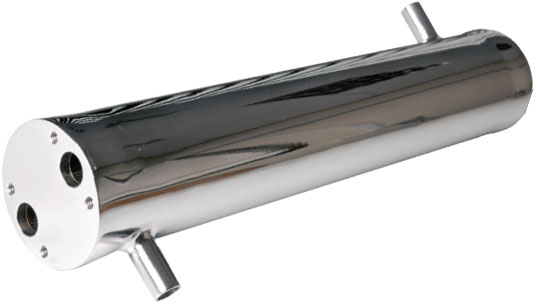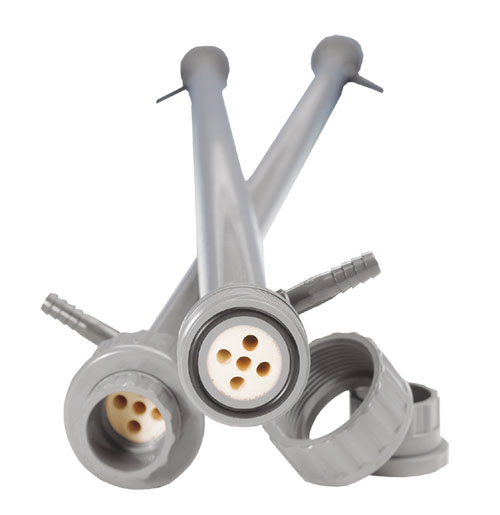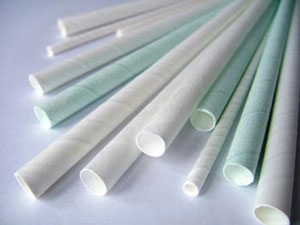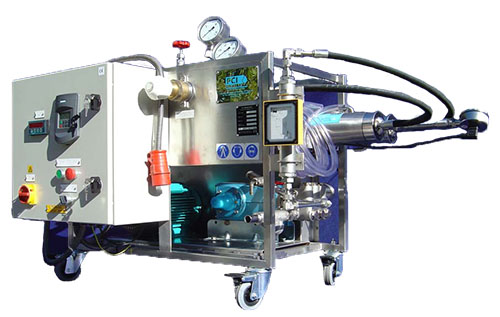
Membrane Test Modules
Test Modules
Customize an Effective Membrane System
While many applications can benefit from a more or less standard filtration system, other situations may demand a custom solution, with extensive process testing on-site. Membrane specialists can be expected to have experience and in-house expertise to provide solutions for filtration problems across a wide variety of industrial sectors and work with prospective clients to design and optimize a membrane filtration solution.
Before having a specialist determine the right membrane system for the application, it’s important to do some preliminary assessments to see if installing a filtration plant can be a viable proposition. Accordingly, some design criteria must be identified, such as:
- Required capacity of the filtration plant.
- Nature and desired composition of the “permeate” (the liquid fraction passing through the membrane) and “retentate” (the concentrated fraction retained by the membrane).
- Will the system be used on a batch or continuous basis?
- How long can the plant be taken off-line for cleaning?
- What are the key criteria for judging success?
Typically, a short pilot trial on site or in the supplier’s laboratory, using a sample of the process stream, will help narrow down the choice of membranes.
Next, a test rig or pilot plant is set up at the plant site. This will test the effectiveness of the chosen membrane system on a larger scale, utilizing up to 15 m2 (160 ft2) of total membrane area, and generate data useful in the development of final design parameters. These initial trials typically last for 2-3 weeks but can take longer if the waste stream varies in composition or volume over time. A well-designed testing procedure will save time and effort later.
With the test rig, engineers can take realistic measurements, including the degree of membrane fouling, the permeation rate (“flux”), the pressure drop, the retention levels as concentration increases, the effectiveness of the cleaning regime, and the quality of the end product.
From these data, the final system design is developed. In cases where a standard membrane is not suitable for the application in question, a new configuration of the membrane system may be needed. Also at this pilot stage, engineers can estimate the probable membrane life span, and this can be taken into account when considering the total lifetime costs of the system.
PCI Membranes specializes in the design and manufacture of easily integrated membrane filtration plants that can range from simple manually operated systems through to fully automatic operation with minimal operator support. This expertise in selecting the most appropriate membrane for a given application, together with experience on many customer projects, means PCI can provide chemical processors with cost-effective solutions to minimizing water use and waste-disposal costs.

Micro 240 & 960 Series
The MICRO 240 & 960 are designed for economic, short-term evaluation of membrane processes for separation and concentration at laboratory bench scale.

A Series Mini Module
The Mini-module is a low cost module fortesting and evaluating A Series membranes (A5, A8, A19/A37 membranes), which are ideally used for applications containing suspended solids.

Tubular Membranes
Our in-house development and manufacturing capability enables us to provide customized membranes tailored for specific applications

Pilot Units
The pilot unit is designed for pilot scale work and may be used to process a wide variety of aqueous solutions using Microfiltration (MF), Ultrafiltration (UF), Nanofiltration (NF) and Reverse Osmosis (RO).
